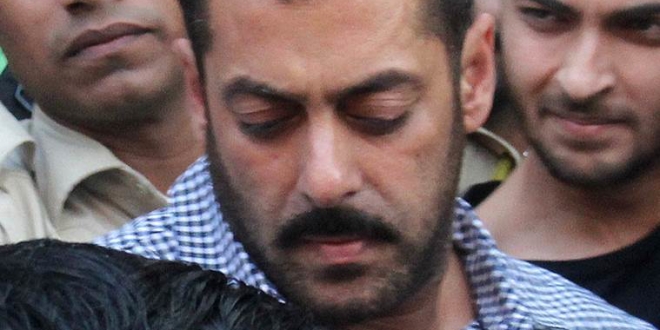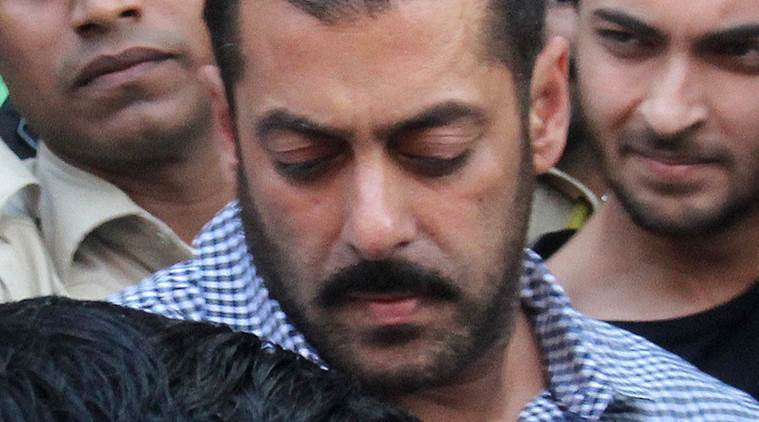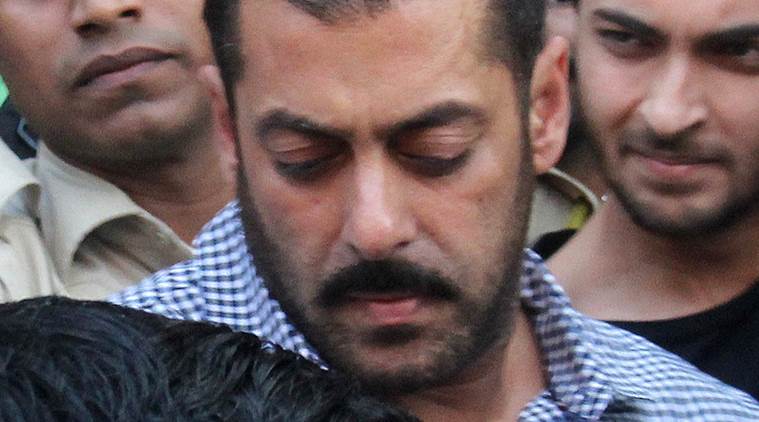Take your pick. Choice One: No one was driving the car. Choice Two: Salman Khan has the world’s first Google self-driving car. Choice Three: The car was drunk. The facetiousness hides one stark fact: The high court judgment absolving Salman of all charges is a travesty of justice. If you look at the judgment, the court did deliver a “guilty” verdict. Only, it was not against the Bollywood superstar. The court pronounced “guilty” for the police and the prosecution team of lawyers. The police, according to the court, did a shoddy job of investigation, while the prosecuting lawyers did a poor job of presenting their case.
I am in no way imputing motives against the judge, Justice A.R. Joshi, nor am I saying he was influenced by Salman’s team. But as I understand the laws of contempt, it is permissible to criticise a judgment on the basis that the interpretation of the evidence was erroneous. In this case, in my opinion, it was gravely erroneous.
The accident involving Salman’s Toyota Land Cruiser took place in September 2002. One person was killed and three badly injured. The people in the car were Salman himself, singer Kamaal Khan, and police constable Ravindra Patil, who was assigned the duty of being Salman’s bodyguard. Then, suddenly in March, after a full 13 years and just before the sessions court’s judgment, a certain Ashok Singh came forward to say that he was also in the car. Not only that, but he was driving it! It turned out that he was the Khan family driver for many years. The sessions court dismissed this out of hand when it pronounced Salman guilty and sentenced him to five years in jail. But the high court accepted the defence contention that Ashok Singh was not a desperate afterthought. Commonsense tells you if Ashok Singh was indeed driving the car, he would be the defence’s first witness, not its last.
On the other side, Patil was the prosecution’s star witness. He had said in testimony recorded before a magistrate that not only was Salman driving, but that he was drunk. Unfortunately for the prosecution, Patil died well before the trial. His death was in peculiar circumstances — he was dismissed from the police and died in poverty. Isn’t it strange that the prosecution’s star witness was so mistreated by the police, instead of being protected and kept safe and healthy for the trial? That in itself is a subject matter for a separate inquiry. That apart, the sessions court found his recorded testimony reliable, while the high court found it not “entirely reliable”, whatever that means.
But Patil wasn’t the only witness. A JW Marriott hotel employee testified that he saw Salman sitting in the driver’s seat. Another witness said he saw Salman getting out of the car from the right side. The high court didn’t take these into account because the statements were “not corroborated” by other witnesses. What possible ulterior motive could these witnesses have to give false testimony? And if there were no other witnesses present, how do you get corroboration?
There are two more contentious points. The first is whether Salman was drinking. The waiter and manager at the bar where Salman and his friends spent the evening, said that Bacardi white rum was served. Salman’s glass had a “clear liquid” — which the defence claimed was water. But because “it is not on record that white rum looks like water”, Salman must have been drinking water! Doesn’t the whole world know that Bacardi is a colourless liquid? Does that need proof?
The second point was about the SUV’s left tyre, which had burst. Did that happen before the accident and, therefore, could be the cause of the accident, or did it happen due to the accident? Patil’s testimony clearly said the tyre burst due to the accident. The judge didn’t accept that because there was no corroboration. Ashok Singh said it had happened before the accident. But we have no corroboration that Ashok Singh was in the car at all!
All this does not absolve Mumbai Police or the prosecution. Justice Joshi did point out several examples of a botched investigation: They couldn’t find the cop, now retired, who took Salman’s blood sample to the lab, and the prosecution did not call Kamaal Khan as a witness. Surely the fact that the defence didn’t summon Kamaal as their witness is clear indication that his testimony would have favoured the prosecution, perhaps confirming that Salman was driving the car?
And so it goes: Ineptitude on one side, wrong interpretation on the other. The beneficiary: Salman Khan. The loser: Our justice system.
![]()
Source: New feed








